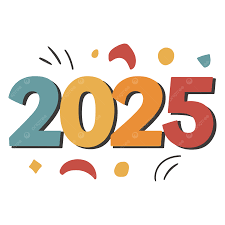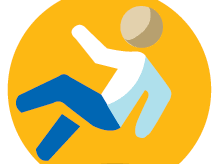An artificial intelligence-powered virtual assistant platform for senior living and care providers.
Betting that AI could lighten the clinician load.
Home Instead goal: Applying technology to make home care more efficient.
Mountain Empire serves about 3,000 people in Appalachia providing meals, transportation and personal care.

 Strength-related tech for stronger women? With all of the digital health startups and corresponding
Strength-related tech for stronger women? With all of the digital health startups and corresponding  Tech adoption for older adults is growing... The surveyed ubiquity of technology has led to a belief that it is everywhere it needs to be, with media assumptions about the benefit of smartphones and online tools, ownership of devices, or access to broadband speeds. The majority of older adults now own
Tech adoption for older adults is growing... The surveyed ubiquity of technology has led to a belief that it is everywhere it needs to be, with media assumptions about the benefit of smartphones and online tools, ownership of devices, or access to broadband speeds. The majority of older adults now own  The WSJ article circles the problem. When 41,000 older adults die as a result of falls each year at a cost of $80 billion (
The WSJ article circles the problem. When 41,000 older adults die as a result of falls each year at a cost of $80 billion (